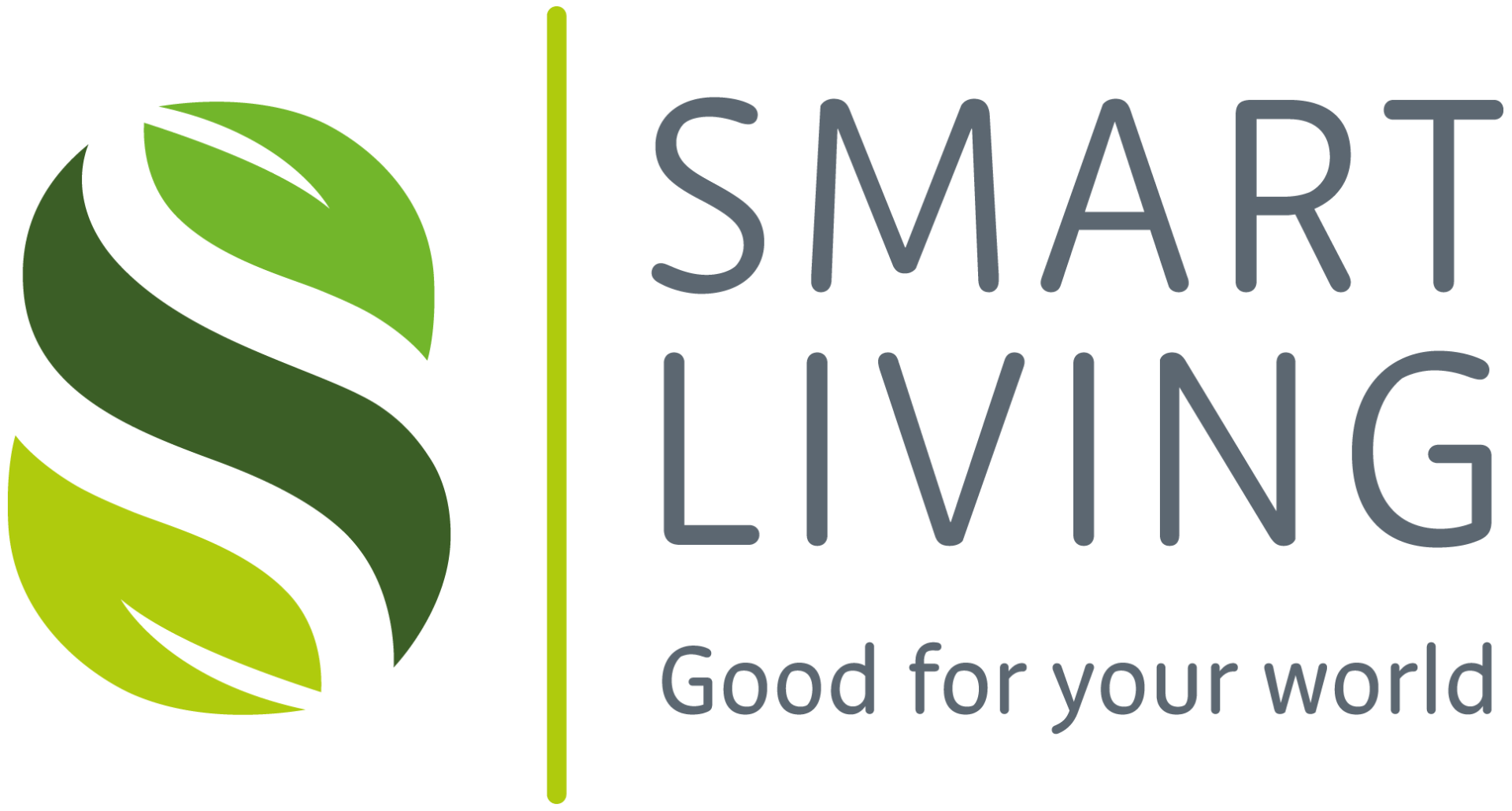Smart Living is Systems Thinking
Smart Living is based upon a discipline known as systems thinking. That is to say, thinking in terms of relationships, patterns and context, rather than trying to understand everything in isolation by breaking it down into its constituent parts. Our belief is that the major challenges and opportunities of the next decade have to be seen as interconnected and interdependent. As such the solutions to issues such as energy poverty, food security, environmental pollution, habitat collapse and climate change can only be found in systemic change.
The good news is that this also means that there are some simple (sic) 'big' solutions that can offer a great deal of hope, albeit that they require a significant shift in our values and consequently, our behaviour. The even better news is that these changes can have a massive positive effect on our health & well-being, individually and collectively, as well as protecting and regenerating the earth.
It would be much easier for Smart Living simply to offer a menu of 'top-tips' that might encourage you to adopt a series of small changes that quote 'all add up to something bigger' unquote. This is true, but somehow leaves most of us feeling like nothing significant is going to change.
Although Smart Living will offer help on specific issues, our primary aim is to equip you with the broader understanding of a single framework that integrates the complexities of life in such a way that you will be able to make your own choices, rather than simply follow the advice of so-called experts and influencers.
Our approach is heavily informed by "The Systems View of Life" by Fritjof Capra and Pier Luigi Luisi, which is summarised in the Capra course.
Six Systemic Solutions
Circular Economics
For decades, the environment has been treated by economists as an 'externality', that is to say the true cost is not reflected in the final cost of a good or service. Indeed, it was believed that there was no cost - which might turn out to be the most costly mistake humanity have ever made. In short, until this is addressed, our economic system is fatally flawed. Secondly, we must turn linear economics of growth into a circular system where all outputs are also treated as inputs.
Renewable Energy
Energy is a pre-requisite for all activity but where we get that energy from is critical. Luckily for us, as all life depends on it, there is a huge nuclear power station in the sky and capturing the energy from it, via solar, wind or wave power is also now the cheapest way to generate it. We need better ways of storing it, and more efficient ways of using it, but overall, the solution to the vast majority of carbon emissions is to eliminate our reliance on fossil fuels.
Sustainable Food (Agroecology)
Food, for most, has never been cheaper or more plentiful, and the global industrial agriculture system is regarded as a huge success. That success, however, has come at a huge cost to the environment, with soil degradation, biodiversity loss and destruction of habitat accelerating beyond the limits of earth's ability to sustain us. It has been made possible through fossil fuels, soil additives and mono-cultures, and therefore, the solution is essentially the opposite; decentralised, community-based, energy-efficient, circular organic farming is better for consumers, better for farmers and better for nature. The only losers are the huge corporations making profit at the expense of people and panet.
Sustainable Design
Humans are incredibly wasteful, When we cut down trees for paper, around 75% of the tree is wasted. All to often we concentrate on disposing of waste instead of designing it out. Nature, by contrast, wastes nothing.
Leaders in sustainable design are challenging this mindset. From the spark of an idea through to the packaging (or lack of it), the best designs relentlessly focus on quality, longevity, minimising waste, repairability and end-of-life disposal.
Many are going further to incorporate 'eco-design' into their business model, aiming to mimic nature's brilliance in every aspect of a product or service, from architecture to drones and clothing.
Ecoliteracy
It is likely (sic) that human survival does not rely on reaching Mars! Rather, it relies on our collective 'eco-literacy' - our ability to understand the basic principles of how the natural world supports life.
This is not simply an understanding of the science (although it would appear many politicians and business leaders still don't) but an awareness of the connectedness of individuals, societies and nation states to the natural processes that our lives exist within. From the movement of the earth around the sun, to the twice daily tides. From the tiniest microbes to the biggest trees, the impact of an action on one part of the system must be considered from the widest possible range of consequences.
Ownership & Power
Modern life for most is now synonymous with freedom of choice, but in reality our lives are predominantly shaped by others. This is particularly true of our democratic systems and global businesses whose vested interests are often misaligned with those of the people they claim to serve.
Imagine the contrary, where rather than the pursuit of profit or personal power, those controlling the systems of our lives aim to create conditions for humans and nature to flourish. For example, where shareholders prioritise the long-term rather than quarterly profits, or joined up government policy that flows with our lives, rather than creating barriers and hoops.
(This is NOT simply advocating socialism, but a far more nuanced alignment of organisational interests with the long term benefit of people & planet.)

